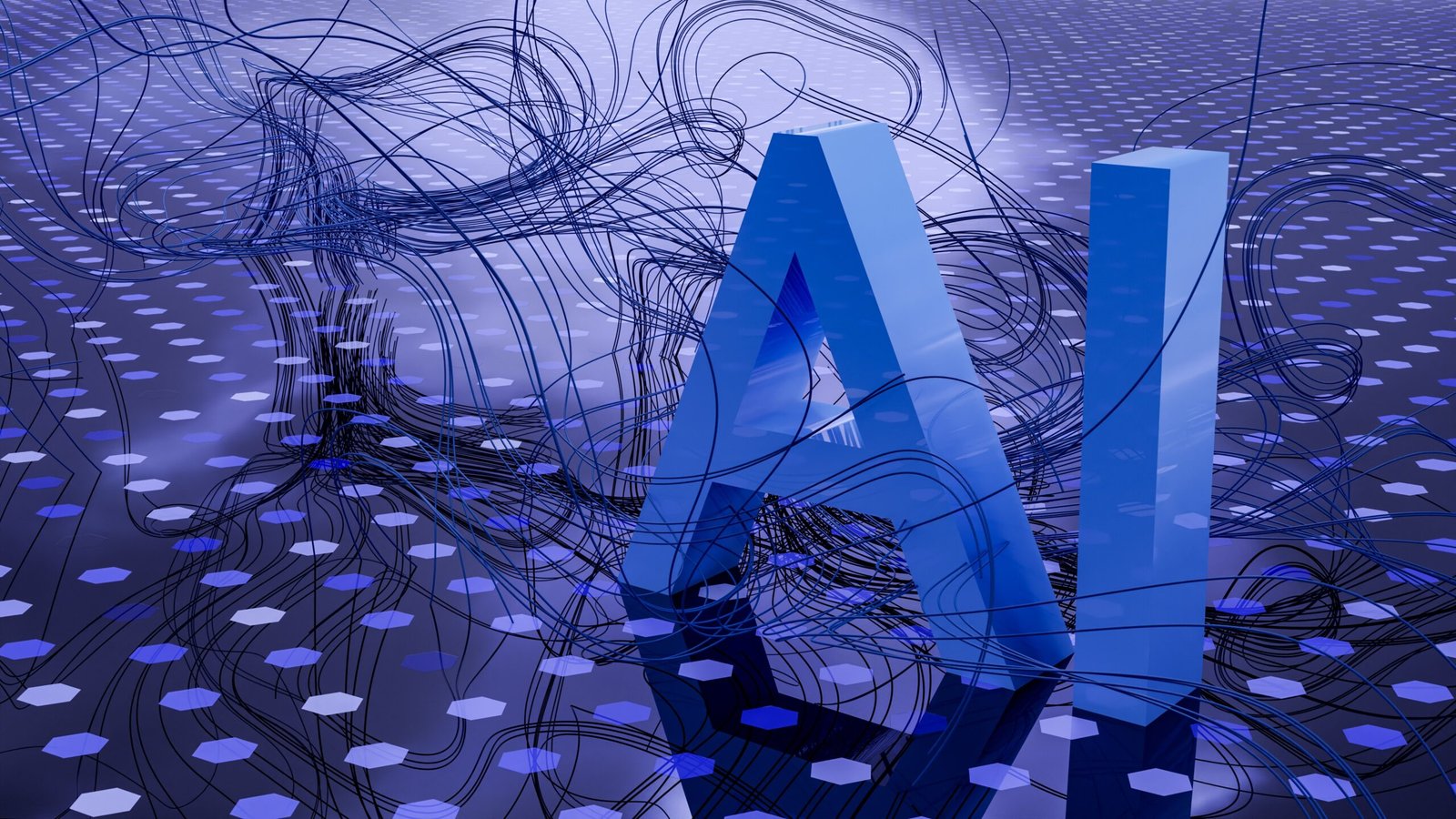
How AI is Transforming and Automating the Consumer Goods Industry
Posted on |
Introduction
The consumer goods industry has always been highly competitive, with companies constantly striving to innovate and stay ahead of the curve. In recent years, artificial intelligence (AI) has emerged as a game-changer, revolutionizing the way businesses operate and transforming various sectors. The consumer goods industry is no exception. AI is not only streamlining processes but also enhancing customer experiences and driving growth.
Automation and Supply Chain Optimization
One of the significant impacts of AI in the consumer goods industry is automating and optimizing supply chain operations. AI-powered algorithms can analyze vast amounts of data and predict demand patterns, enabling companies to optimize their inventory levels and reduce costs. For example, AI can forecast demand based on historical data, market trends, and even external factors like weather conditions.
Furthermore, AI can automate routine tasks such as inventory management, order processing, and logistics. By automating these processes, companies can minimize human errors, improve efficiency, and reduce lead times. This ultimately leads to better customer satisfaction and increased profitability.
Personalized Marketing and Customer Experience
AI is also transforming marketing and customer experience in the consumer goods industry. With AI-powered analytics, companies can collect and analyze customer data to gain valuable insights into their preferences, behavior, and buying patterns. This allows companies to personalize their marketing strategies and deliver targeted advertisements and promotions to individual customers.
Moreover, AI-powered chatbots and virtual assistants are enhancing customer service by providing real-time assistance and resolving customer queries. These intelligent systems can understand natural language, learn from interactions, and provide personalized recommendations, thus improving customer satisfaction and loyalty.
Product Innovation and Development
AI is revolutionizing product innovation and development in the consumer goods industry. By analyzing market trends, customer feedback, and competitor data, AI algorithms can identify gaps in the market and suggest potential product ideas. This enables companies to stay ahead of the competition by developing innovative products that meet customer needs and preferences.
Additionally, AI can accelerate the product development process by simulating and testing different design iterations. This saves time and resources and ensures that companies bring high-quality products to the market faster. AI-powered systems can also automate the design process, generating multiple design options and selecting the best one based on predefined criteria.
Challenges and Considerations
While AI offers numerous benefits to the consumer goods industry, there are also challenges and considerations that companies need to address. First and foremost, data privacy and security are critical. Companies must ensure that customer data is protected and comply with relevant regulations.
Another challenge is the need for skilled AI professionals. As AI becomes more prevalent, there is a growing demand for professionals with expertise in AI and data analytics. Companies need to invest in training and hiring the right talent to fully leverage the potential of AI.
Conclusion
AI is transforming and automating the consumer goods industry, revolutionizing supply chains, marketing strategies, and product development. By harnessing the power of AI, companies can optimize their operations, enhance customer experiences, and drive growth. However, it is essential to address challenges such as data privacy and the need for skilled professionals. With the right approach, AI can unlock new opportunities and propel the consumer goods industry into the future.